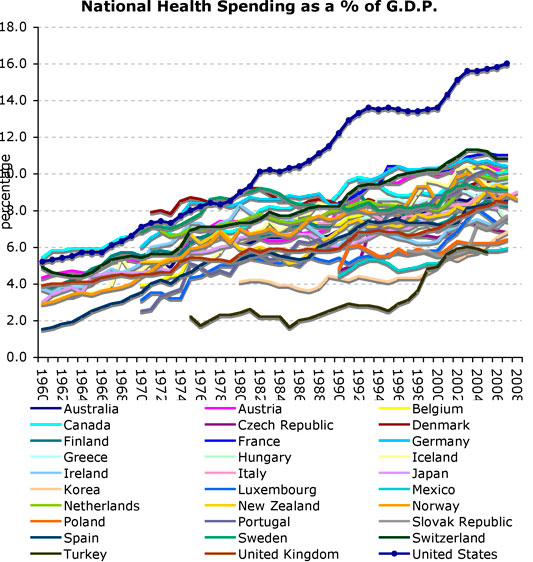Contumacious
Radical Freedom
Medicare becomes available on July 1, 1966, and Group Health Cooperative begins accepting older patients.
HistoryLink.org Essay 7606 : Printer-Friendly Format
On July 1, 1966, Medicare becomes available following the signing of the Medicare Act into law by President Lyndon B. Johnson. The new law begins a revolution in health care, but its compromises result in a system that institutionalizes fee-for-service care. This in turn will spur chronic increases in health-care costs, since the system, instead of controlling costs, pays physicians' "usual and customary" fees, which inevitably begin rising. Institutions with an incentive to keep down costs like Group Health Cooperative (where service is provided based on advance payments, not fee for service), are at a disadvantage. Nevertheless, Group Health advocated the reform, works to improve it, and begins accepting Medicare patients.
HistoryLink.org Essay 7606 : Printer-Friendly Format
On July 1, 1966, Medicare becomes available following the signing of the Medicare Act into law by President Lyndon B. Johnson. The new law begins a revolution in health care, but its compromises result in a system that institutionalizes fee-for-service care. This in turn will spur chronic increases in health-care costs, since the system, instead of controlling costs, pays physicians' "usual and customary" fees, which inevitably begin rising. Institutions with an incentive to keep down costs like Group Health Cooperative (where service is provided based on advance payments, not fee for service), are at a disadvantage. Nevertheless, Group Health advocated the reform, works to improve it, and begins accepting Medicare patients.
